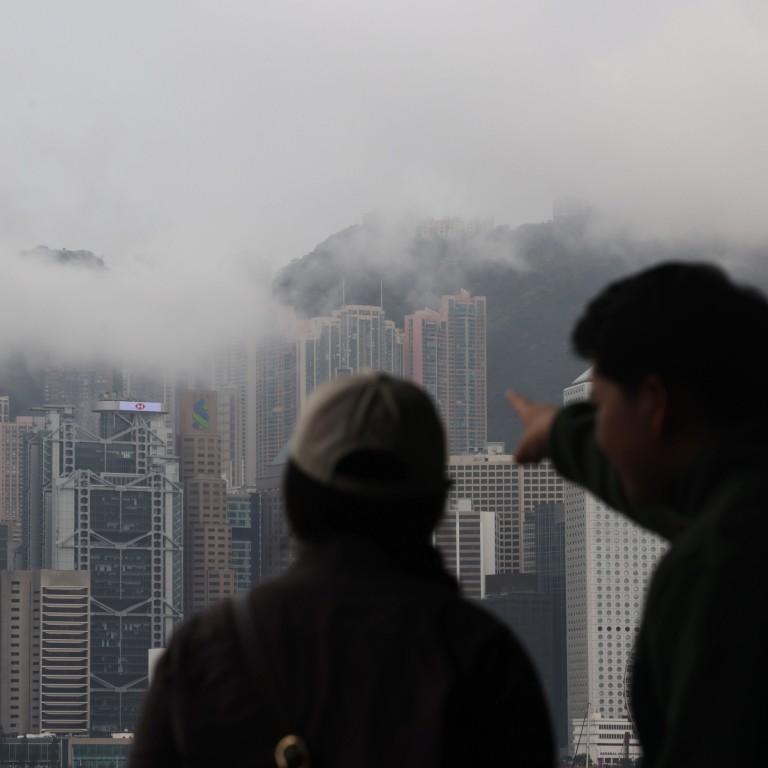
Letters | How Hong Kong can halt the downward spiral in its fortunes
- Readers discuss steps the city should take to maintain its international status, the possibility of daily news broadcasts in more languages, and the prayer halls at the Kowloon Mosque
The vacancy rate of grade A office space rose to an unprecedented 16.4 per cent in 2023, not surprising given that the number of foreign companies setting up regional headquarters and offices in Hong Kong has been declining.
However, it may not be too late for Hong Kong to reverse this downward spiral.
Given the critical role taxpayers play in funding public services, Hong Kong should introduce schemes to give special recognition to large taxpayers, such as a golden passport scheme to give these taxpayers privileges like separate entry or security lanes at the airport or special parking spaces in Central.
Rude taxi drivers are an embarrassment to the city. Making it easier for ride-sharing platforms to operate would benefit both local commuters and international travellers.
Arun Garg, Tai Koo
How about some diversity in TV news languages?
It was good to see Timothy Li as the main news anchor on TVB Pearl at 7.30pm on March 12. Being Asian and highly articulate, he is a welcome addition to the group of English-speaking newsreaders, enhancing its diversity.
On the subject of diversity, TVB Pearl has a Cantonese news session at 7 o’clock preceding the English news. But given the vast availability of Cantonese news on TVB Jade and other television channels, perhaps it would make more sense to use this valuable time slot to broadcast news in other languages like Tagalog or Bahasa Indonesia to cater to less-served ethnic groups in Hong Kong?
This would truly uphold the spirit of diversity and cement Hong Kong’s reputation as an inclusive society.
Thomas Tang, Mid-Levels
Mosque could offer women a more atmospheric prayer hall
Muslims greet the arrival of the month of Ramadan with great excitement every year. In Hong Kong, we welcomed the month of Ramadan on March 11 and performed the first Tarawih prayer in mosques or our homes.
The first prayer in a mosque is truly special, so on the first day of the month of Ramadan, I went to the Kowloon Mosque. The entrance is really beautiful. Women enter from the right side and men from the left. Then you climb the stairs on the right side to go to the women’s section. A sign directs you to the corridor. Here you are greeted by a fairly large hall.
When I entered the prayer area for women, unfortunately, I couldn’t feel the atmosphere of the mosque. Later, when I looked at photographs of the men’s section of the mosque on the internet, I realised that the architectural beauties in the men’s prayer area – the large dome, aesthetic lamps, beautiful decorations on the ceiling – were missing in the women’s section. The floor, walls and ceiling in the women’s section were all white. If you took out the few objects there, it would be almost impossible to say that place is a mosque.
I couldn’t see the mihrab where the imam led the prayer. I didn’t know if the imam was below us, above us or on the same floor as us.
Why is there such a difference between the men’s and women’s prayer areas? Our beloved Prophet (peace be upon him) encouraged women to participate in mosques and tried to equalise opportunities. I would love to pray in a mosque where both men and women breathe the same atmosphere.
Hatice Keskin, Tin Shui Wai

